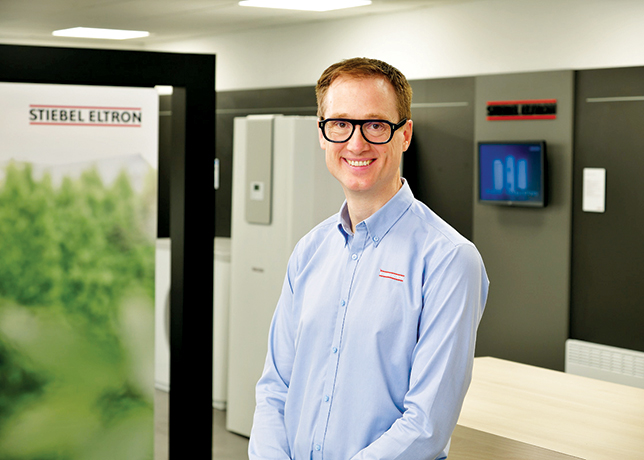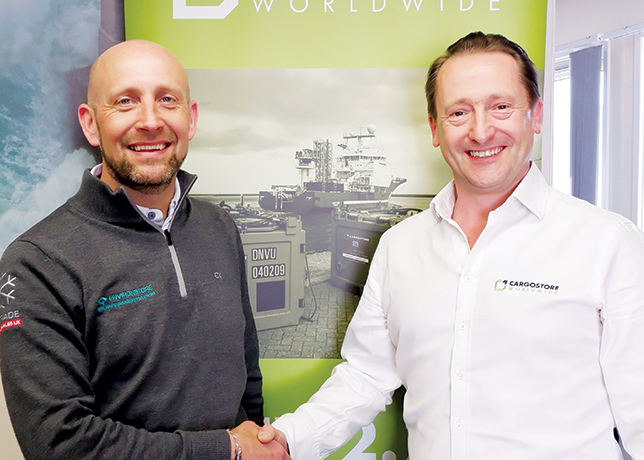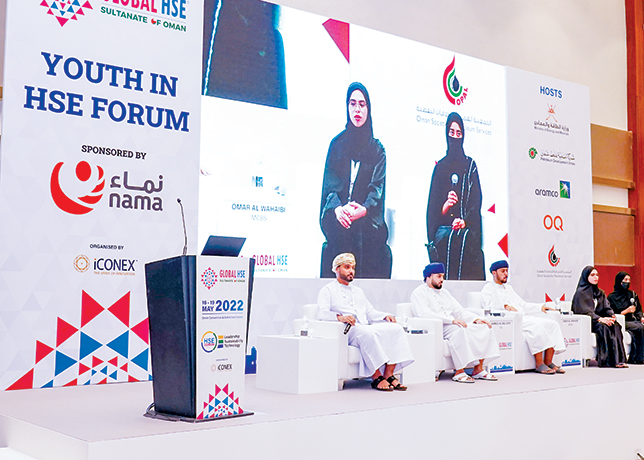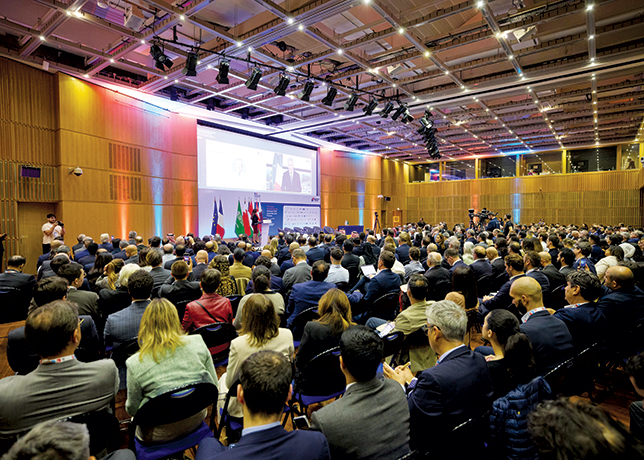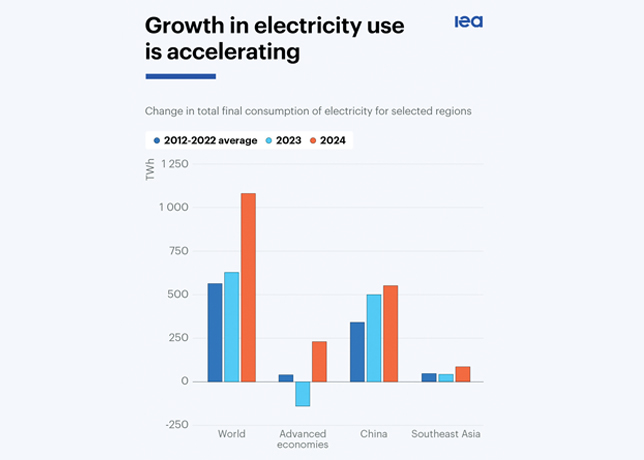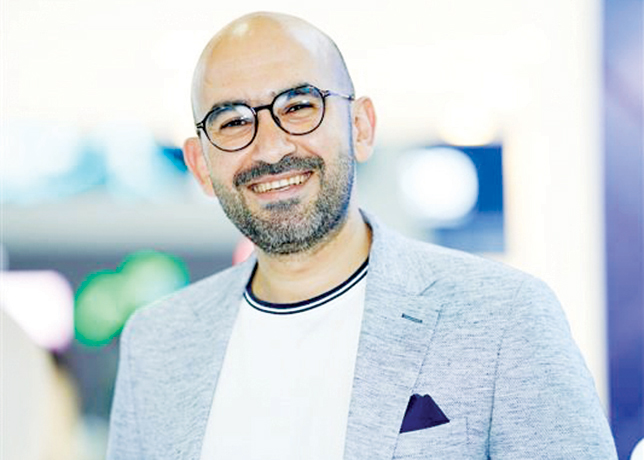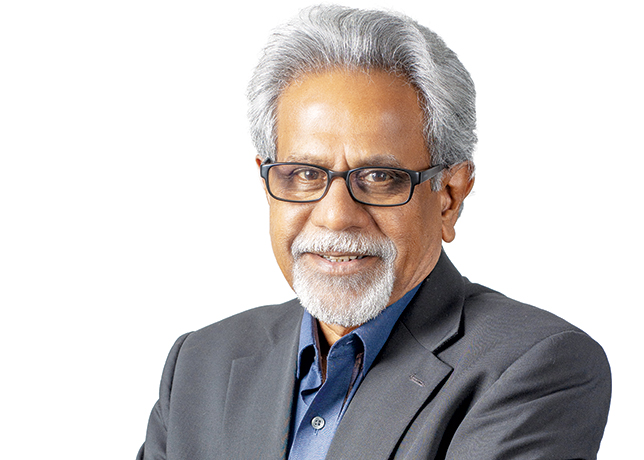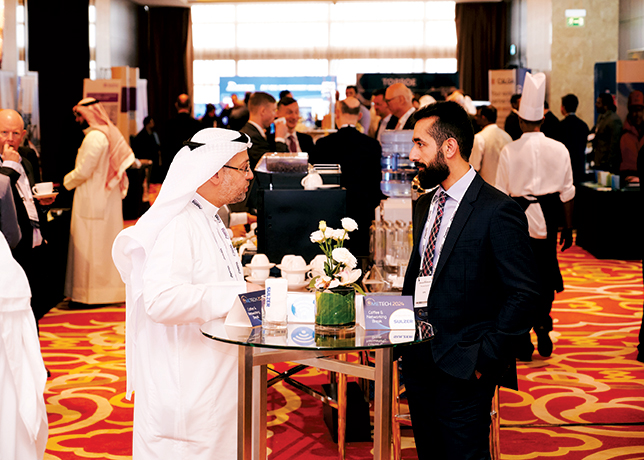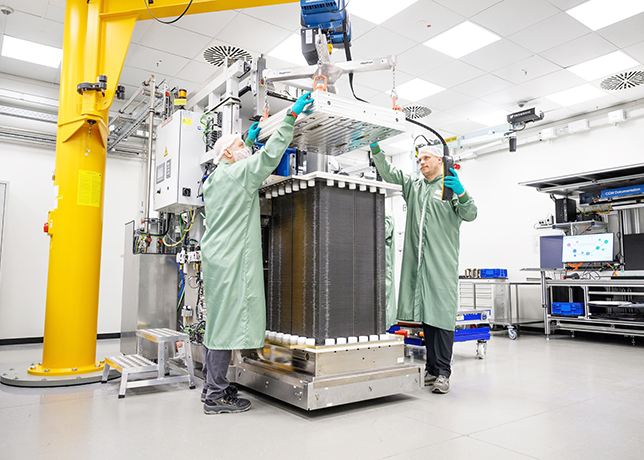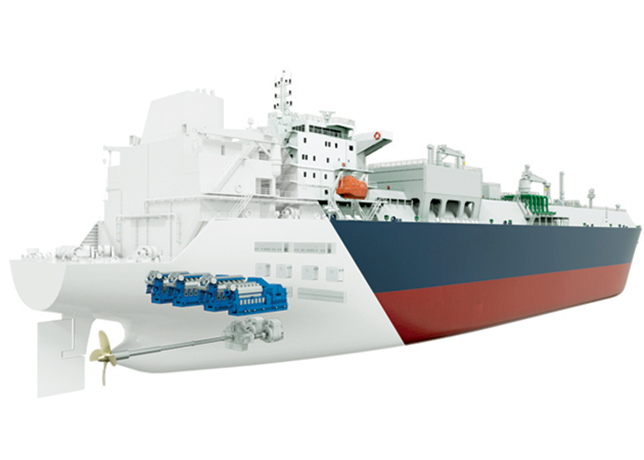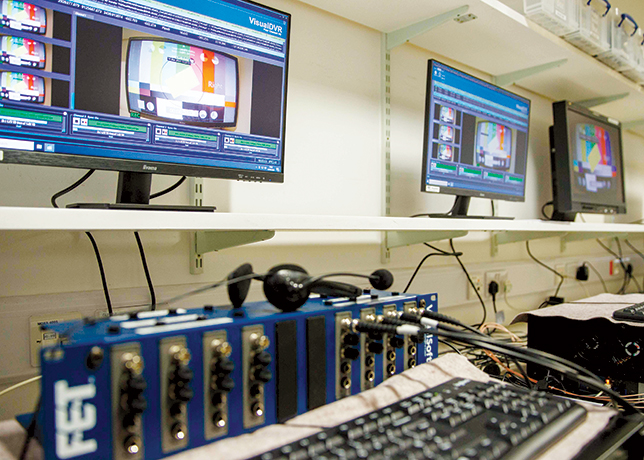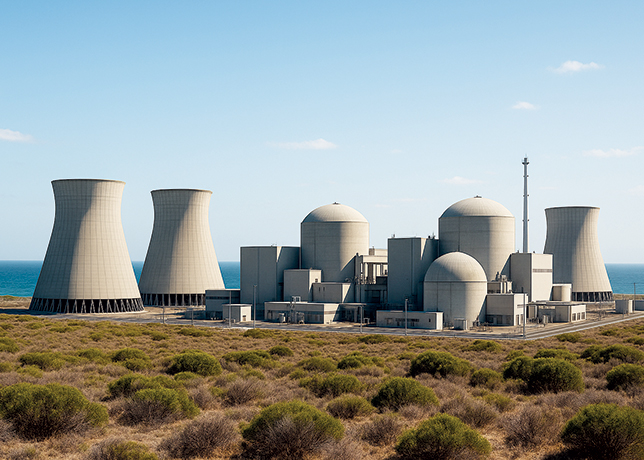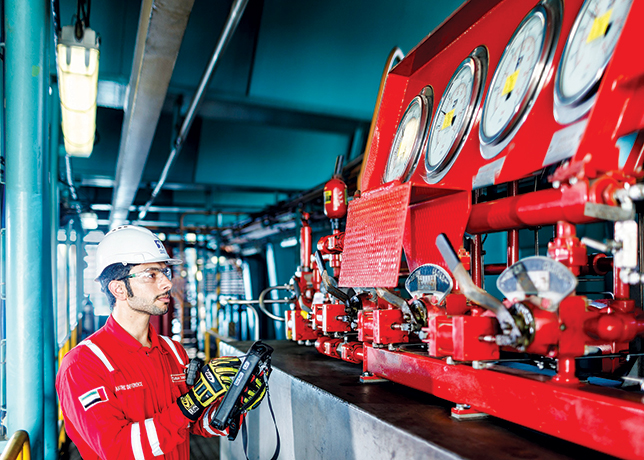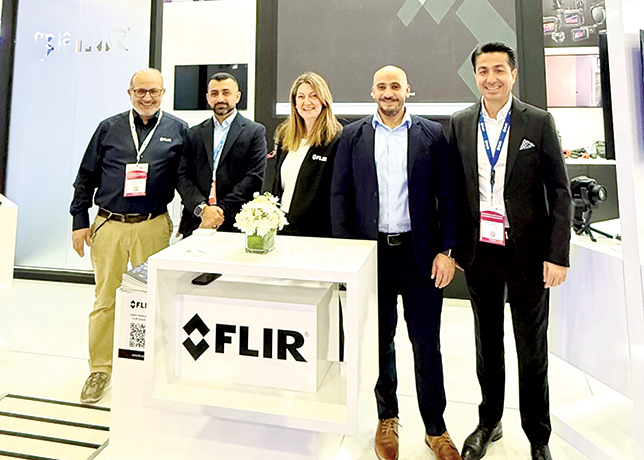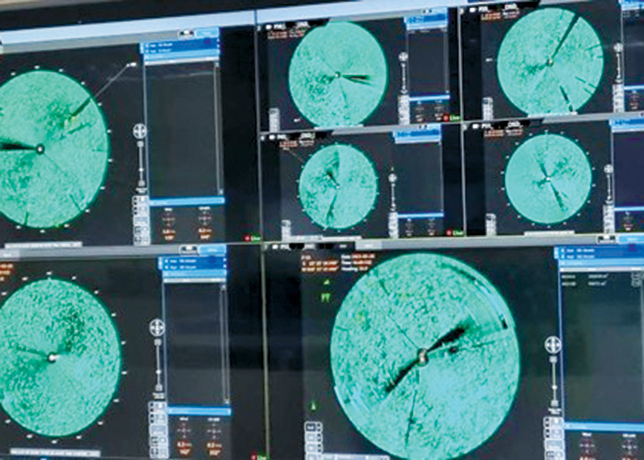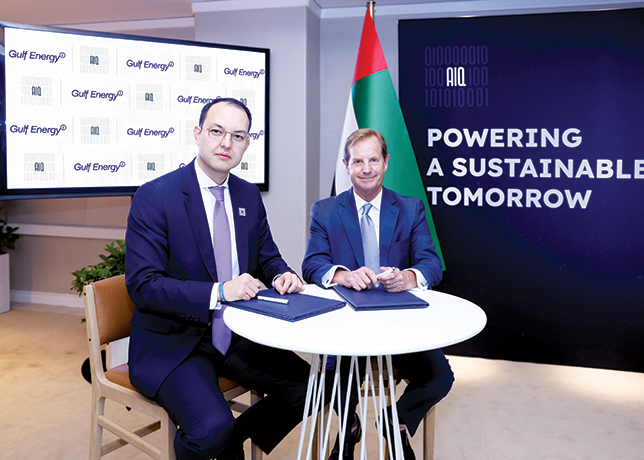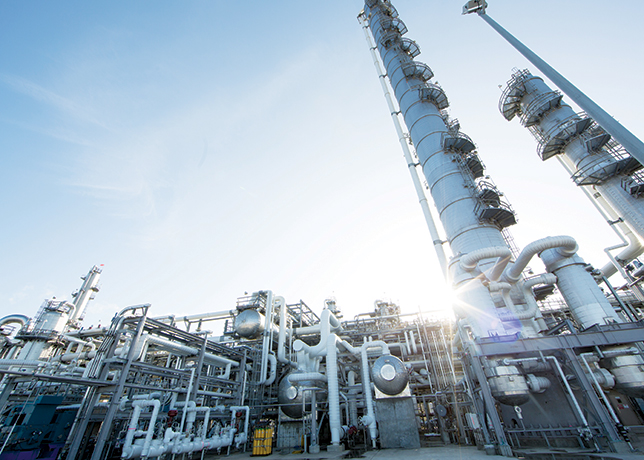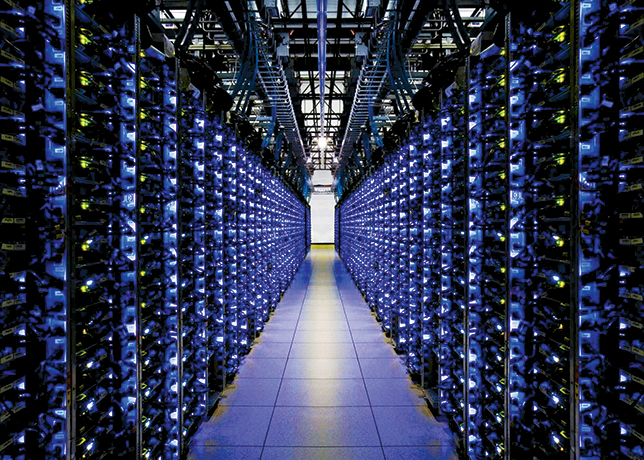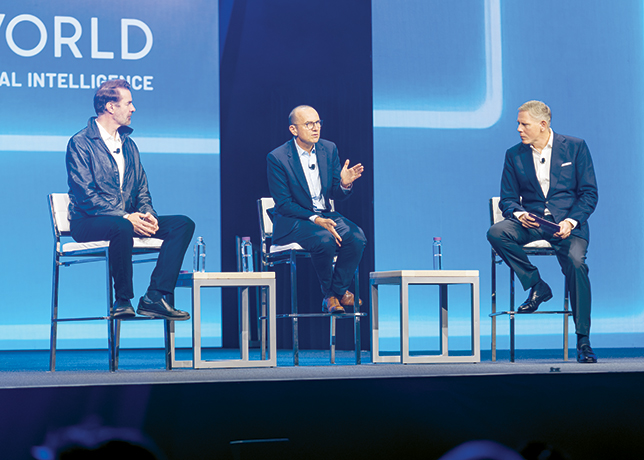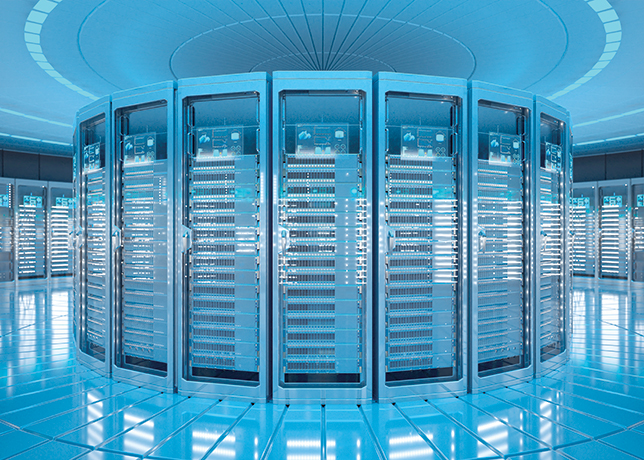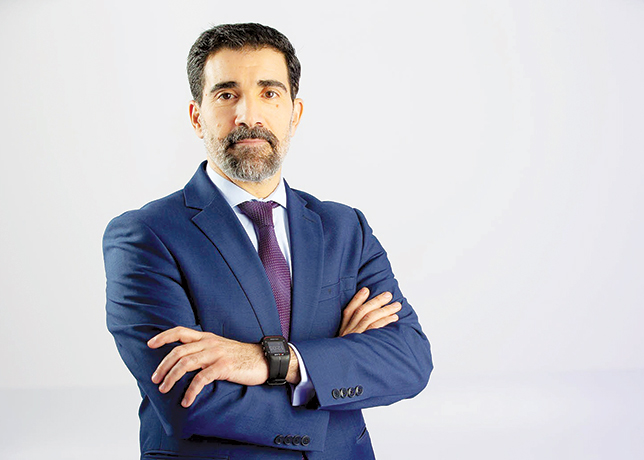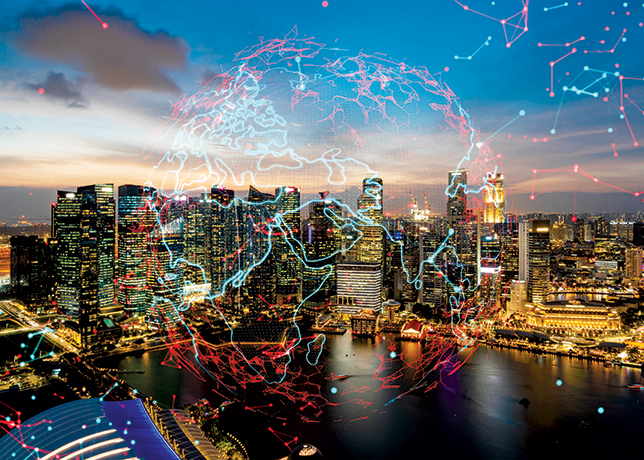
Yokogawa Electric Corporation has announced the launch of a reinforcement learning service for edge controllers.
This autonomous control service for OpreX Realtime OS-based Machine Controllers (e-RT3 Plus) utilizes the Factorial Kernel Dynamic Policy Programming (FKDPP) reinforcement learning AI (artificial intelligence) algorithm, and consists of packaged software and an optional consulting service and/or a training programme, depending on end user requirements.
It can be used with edge controllers in a wide variety of industries, without necessitating major changes to plant facilities, said the statement from Yokogawa.
This software is being released globally, while consulting and the training program will be provided first in Japan, then in other markets, it stated.
Given the complexity of the physical, chemical, and other processes at actual plants, there are still many areas that require the intervention of veteran operators, and controlling these areas is often difficult and has a direct impact on product quality and profitability.
Conventional control technologies include PID control and advanced process control (APC). Achieving complex control using PID control or APC may sometimes require adjustments, which can take a considerable amount of time and effort, it added.
Yokogawa said some areas of plant operations were not suitable for PID control or APC and must be controlled manually, requiring operators to exercise judgement when entering control inputs.
The autonomous control AI is a new technology for such situations that achieves complex control and eliminates the need to rely on manual operations, it stated.
FKDPP is a new control technology that is different from PID control and APC.
In March last year, it was announced that Yokogawa and JSR Corporation’s elastomer business unit (now owned by ENEOS Materials) had successfully concluded a 35 day field test in which AI was used to autonomously control a facility in a chemical plant that could not be controlled using existing control methods and had necessitated the manual operation of control valves based on the judgements of plant personnel.
Yokogawa said it is now launching this new autonomous control AI service for use on edge controllers in a wide variety of industries, without necessitating major changes to plant facilities.
By applying autonomous control AI in areas that are beyond the capabilities of PID control and APC, both autonomy and optimal control can be achieved. It enables stable control that is less susceptible to external disturbances and increases productivity, it stated.
In comparison to auto-tuned PID control, it was shown that this solution was able to suppress overshoot and shorten settling time by about 65% – auto-tuned PID control took about 30 minutes to settle, while autonomous AI control took about 10 minutes to settle.
Takamitsu Matsubara, a professor at the Nara Institute of Science and Technology, which jointly developed the FKDPP algorithm with Yokogawa, said: "It would be fair to say that Yokogawa was able to commercialize reinforcement learning thanks to FKDPP reducing and making the problematic number of learning trials more feasible. Yokogawa has demonstrated the value and practicality of FKDPP."
"There appears to be no other example involving the commercialization of reinforcement learning in a control system product for the manufacturing industry. I expect FKDPP will create new value for industries," he added.
Kenji Hasegawa, a Yokogawa VP and head of the Yokogawa Products Headquarters, said: "Control is an important part of product quality and customer revenue, but the know-how of veteran operators has been essential. We believe the autonomous control AI (FKDPP) is a disruptive innovation that will address the concerns of customers who have issues with conventional control technologies, and this will do so in a number of new ways."
"In the future, we will also open up a new field that will involve the achievement of flexible control based on management strategy. By providing value to our customers, we will contribute to the sustainable development of industry, while minimizing the impact on the environment, and lead IA2IA – the transition from industrial automation to industrial autonomy,' he added.-TradeArabia News Service



